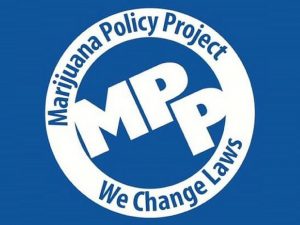CONCORD, N.H. — In a 14-6 vote, the state House Ways and Means Committee on Wednesday recommended passage of a bill that would end marijuana prohibition and regulate cannabis for adult use in New Hampshire. HB 481 was referred to the committee for further consideration of the proposed regulatory system and tax structure after it was initially approved by the full House in a 209-147 vote on February 27. The House must approve it again before the April 4 crossover deadline for it to be considered in the Senate.
The Ways and Means Committee’s recommendation to pass HB 481 is a noteworthy development, as similar legalization bills initially approved by the House were killed last year and in 2014 after they received negative recommendations from the committee.
Prior to passage, the bill was amended by the committee, changing the tax rate to 5 percent on sales from cultivators and 9 percent on sales from retail stores. A summary of HB 481 is available at http://bit.ly/NH-HB481.
Statement from Matt Simon, New England Political Director for the Marijuana Policy Project:
“This is a major step forward and suggests support and momentum are growing in the legislature. In previous years, this committee’s negative recommendations turned out to be death sentences for legalization bills that had initially received approval from the full House. This time around, it has given its blessing to a proposal that received record-high support. It’s time for the House to approve HB 481 and send it over to the Senate.
“There is a growing sentiment that prohibition is not working and that legalization is inevitable, both in New Hampshire and the surrounding region. With HB 481, lawmakers have developed a sensible path forward for the state. This was evidenced by the strong majority support we saw during the initial House vote, and it was confirmed by the committee’s about-face compared to previous years.”
The Marijuana Policy Project is the nation’s largest marijuana policy organization. It has been a leading advocate for federal marijuana policy reform since its founding in 1995, and it has played a leading role in most major state-level reforms that have occurred over the past two decades. For more information, visit https://www.MPP.org.










